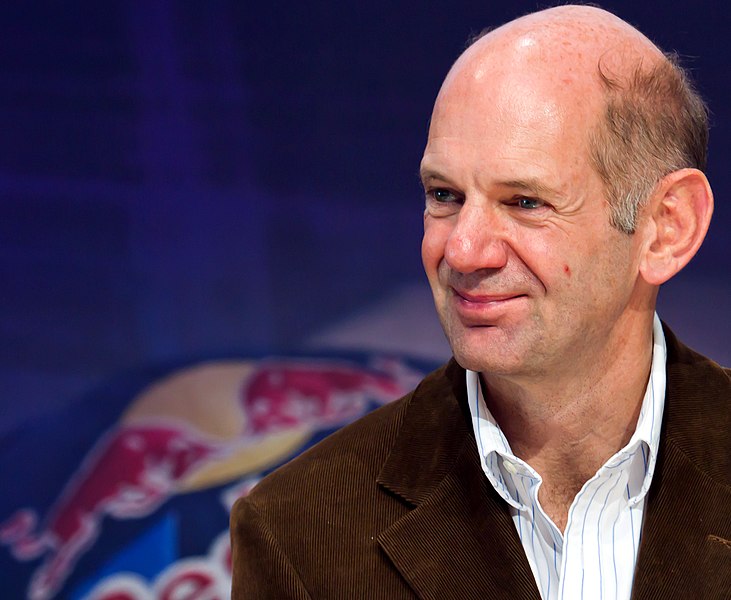Mark Webber was quick and in contention throughout 2010, in 2011 he was slow and out of contention. Whilst I cannot argue with the fact that Sebastian upped his game and took total possession of his faculties and abilities in 2011, I must contend that a 2010 Mark Webber would have made his life a lot harder. I have no explanation for why Mark turned into a journeyman other than his contract didn't inspire him.
I think 2010 was very flattering to Webber, he had no reliability issues and still finished behind Vettel who lost over 60 points due to it. Although I admit Webber was much better in the first 2/3 of 2010, after that he pretty much went to pot...


